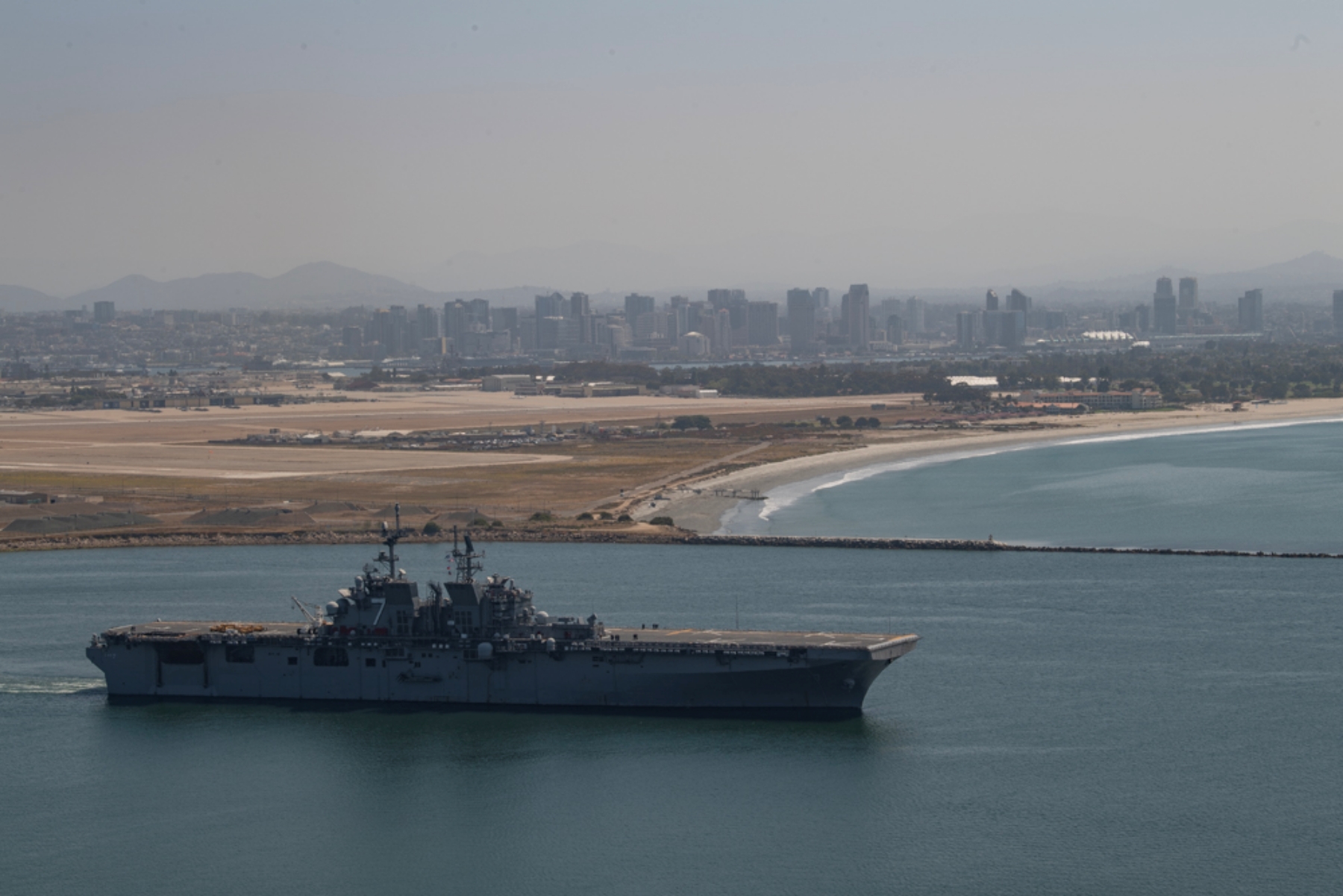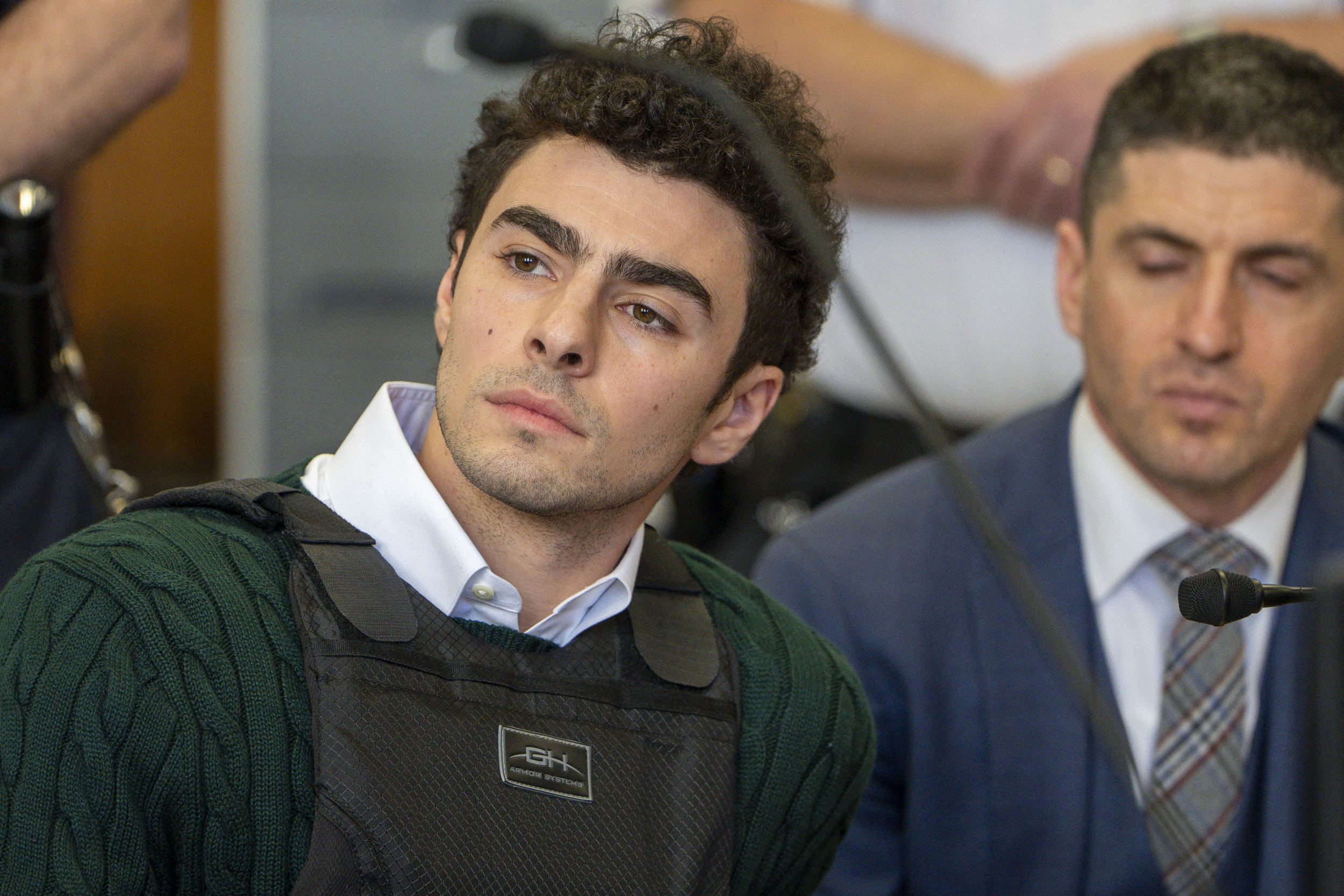
South Korean investigators departed the official residence of impeached President Yoon Suk Yeol on Friday after a tense six-hour standoff in which the embattled leader resisted their efforts to detain him.
South Korea’s anti-corruption agency announced that it withdrew its investigators after the presidential security service blocked them from entering Yoon’s residence for several hours. The agency cited concerns over the safety of its personnel during the standoff as the reason for the retreat.

Ahn Young-joon/AP
Why It Matters
Investigators from South Korea’s anti-corruption agency are considering charges of rebellion against Yoon for taking the extraordinary step of declaring martial law throughout South Korea last month.
The incident marks the latest escalation in a political crisis that has thrown South Korean politics into turmoil, with Yoon’s defense minister, police chief and several top military commanders having already been arrested over their alleged roles in the martial law declaration.
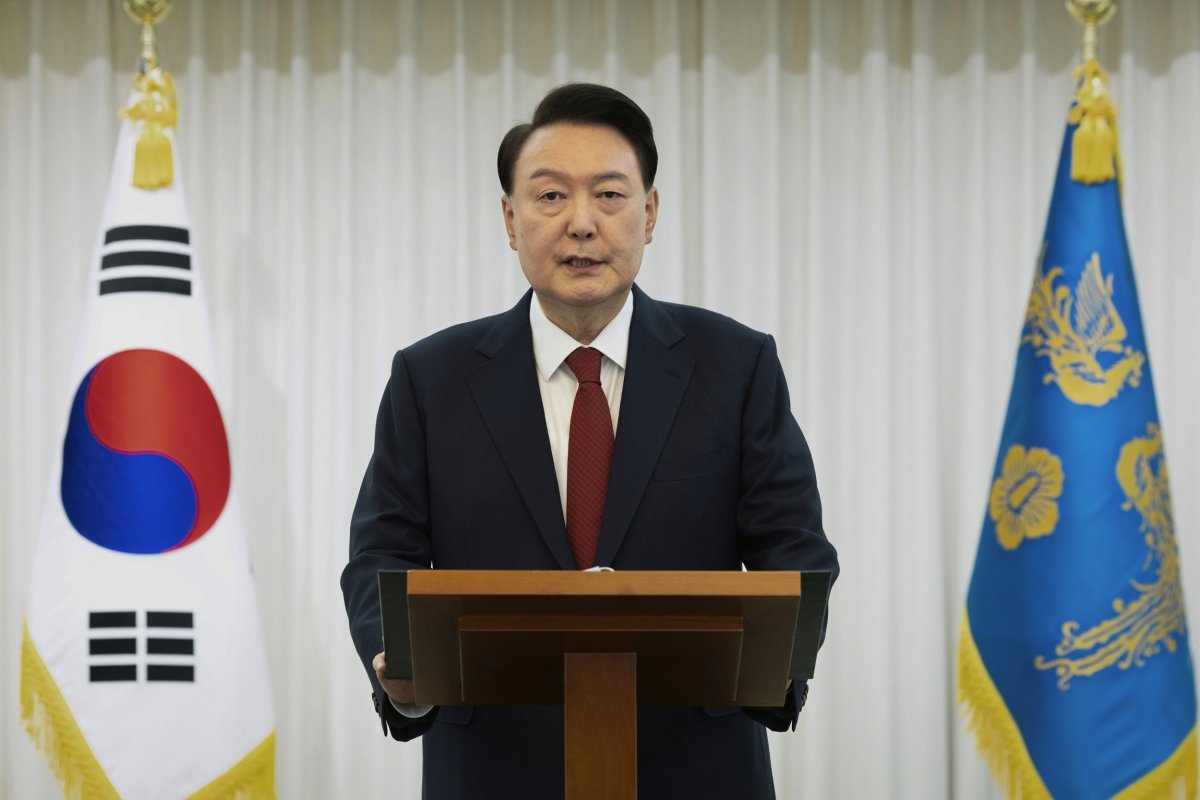
South Korean Presidential Office/AP
What to Know
The anti-corruption agency reported that its investigators, outnumbered by presidential security forces, were involved in several scuffles during the standoff. The agency expressed “serious regret about the attitude of the suspect, who did not comply with the legal process,” criticizing Yoon’s resistance to their efforts.
Outside the residence, a sizable crowd of pro-Yoon supporters gathered despite freezing temperatures. Waving South Korean and American flags, they chanted slogans pledging to defend the embattled president, creating a tense backdrop to the standoff inside.
During a background briefing, an official from the anti-corruption agency revealed that investigators managed to approach within 200 yards of Yoon’s residence. However, their progress was halted by a barricade made up of about 10 vehicles and roughly 200 members of the presidential security forces and troops.
The official, speaking anonymously per department protocol, stated that three prosecutors were eventually permitted to get closer to the building. Despite this, they were unable to verify whether Yoon was inside.
The National Police Agency announced plans to investigate the chief and deputy chiefs of the presidential security service on suspicion of obstructing official duties during the standoff.
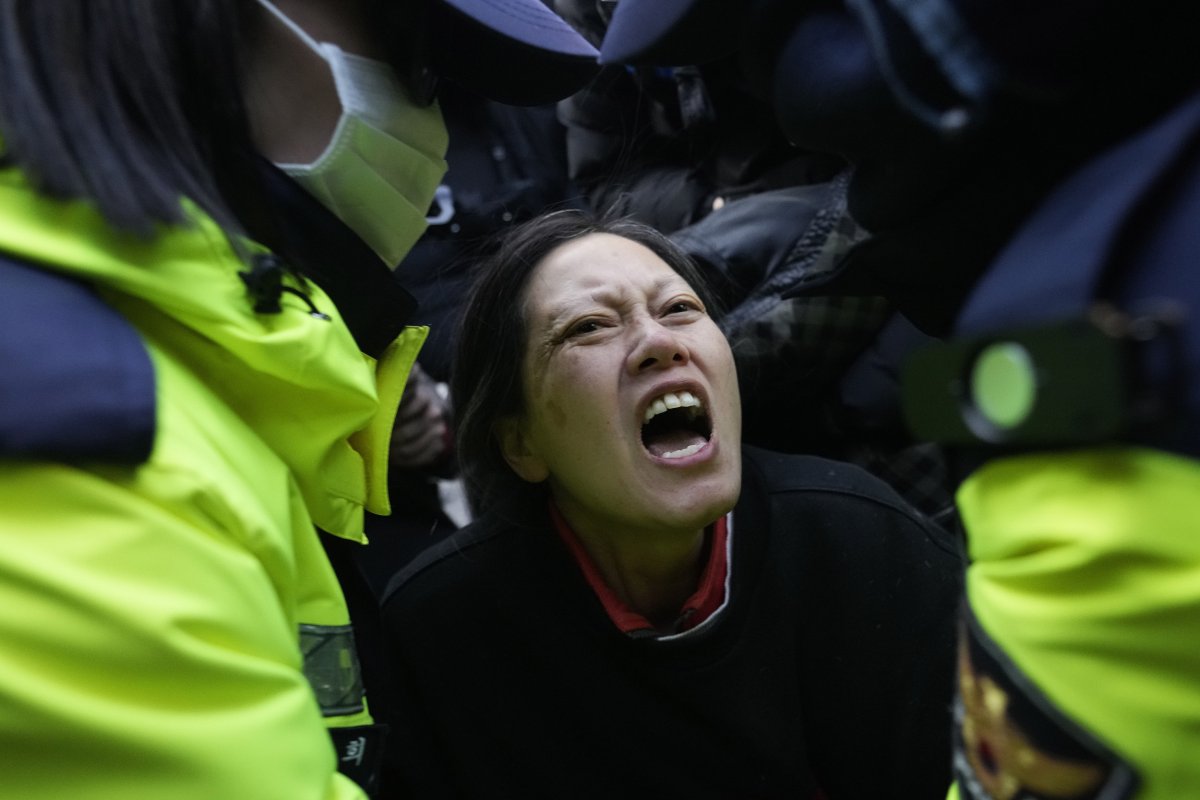
Ahn Young-joon/AP
How Has President Yoon Responded?
Yoon, a former prosecutor, has repeatedly resisted investigators’ efforts to question him in recent weeks. The last confirmed instance of him leaving his residence was on Dec. 12, when he traveled to the nearby presidential office to deliver a televised address to the nation. In the speech, Yoon defiantly vowed to fight against the efforts to remove him from office.
The move follows Yoon’s declaration of martial law on Dec. 3, reportedly out of frustration over his policies being obstructed by an opposition-dominated Parliament. The declaration included deploying troops to surround the National Assembly.
The South Korean Parliament overturned Yoon’s martial law declaration within hours, passing a unanimous vote to nullify the order. On Dec. 14, lawmakers escalated their response by impeaching Yoon, accusing him of rebellion.
What Steps Were Taken Against Yoon?
The impeachment triggered parallel investigations by the country’s anti-corruption agency and public prosecutors.
A Seoul court issued a warrant on Tuesday to detain Yoon, along with a separate warrant to search his official residence. However, enforcing these warrants has proved challenging, while Yoon continues to reside in the heavily secured presidential compound.
Yoon’s lawyers filed a challenge to the detention warrant on Thursday, arguing that it cannot be enforced at his official residence. They cited a law protecting locations tied to military secrets from searches without the consent of the individual in charge.
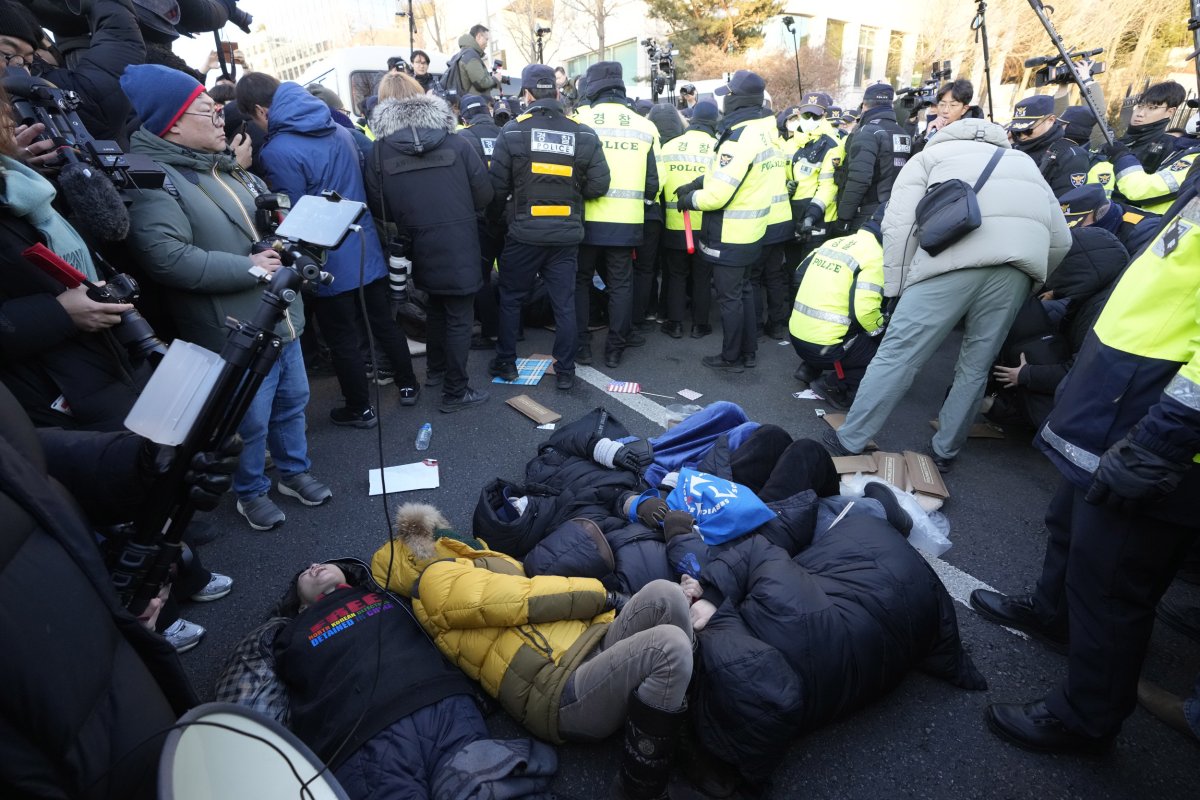
Ahn Young-joon/AP
What People Are Saying
Impeached South Korean President Yoon Suk Yeol has remained defiant, vowing to “fight to the end” against “antistate forces,” in a statement released on Wednesday. He applauded his supporters for their efforts to protect “liberal democracy and constitutional order.”
Criminal law attorney Park Seong-bae said “There’s a high possibility that the act of blocking the execution of a detainment warrant would constitute an obstruction of official duty.”
Leader of the emergency committee for Yoon’s People Power Party, Kwon Young-se criticized the anti-corruption agency’s attempt to detain Yoon as “highly unfair and exceedingly improper.” Kwon argued that there was no justification for the move, stating, “There is no risk of President Yoon attempting to flee or destroy evidence.”
What Happens Next
The anti-corruption agency stated it would review its next steps but did not confirm whether it would attempt to detain Yoon again. The court-issued warrant for his detention remains valid for one week, leaving a narrow window for action.
If investigators succeed in detaining Yoon, they are expected to request court approval for a formal arrest. Without such approval, Yoon would have to be released within 48 hours, adding urgency to the already fraught legal and political standoff.
This article includes reporting from The Associated Press
